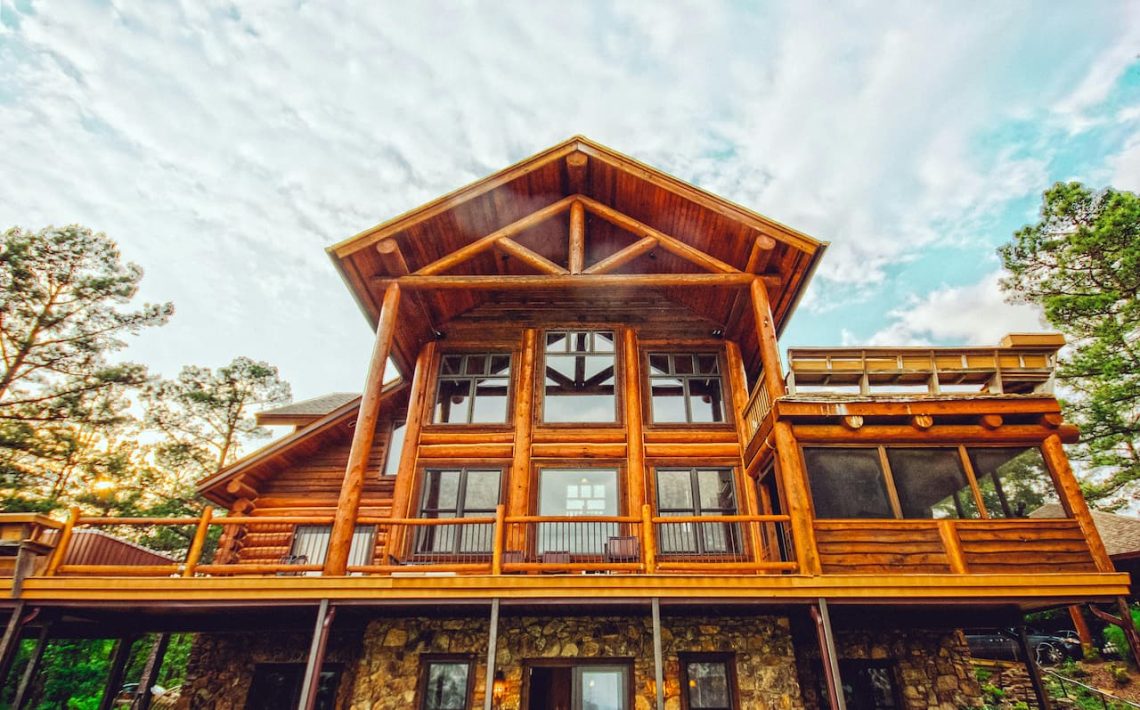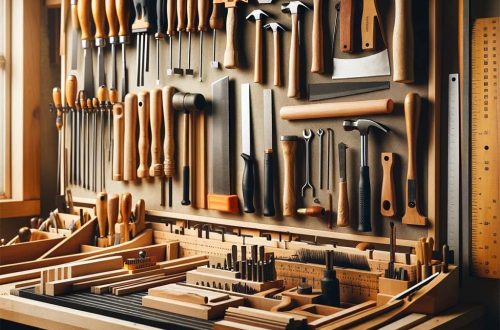Wooden houses have been cherished for centuries, standing as symbols of warmth, comfort, and natural living. With the growing emphasis on sustainability and eco-friendly living, wooden houses are experiencing a resurgence in popularity. This article explores the numerous advantages of wooden houses, from their environmental benefits to their aesthetic appeal, and why they remain a top choice for homeowners worldwide.
Environmental Sustainability and Energy Efficiency
One of the most significant advantages of a wooden house is its environmental sustainability. Wood is a renewable resource, and with responsible forestry practices, the impact on the environment can be minimized. Unlike steel or concrete, wood requires less energy to process and produces fewer carbon emissions during construction. This makes wooden houses an excellent choice for those looking to reduce their carbon footprint.
Moreover, wooden houses offer excellent energy efficiency. Wood is a natural insulator, which means it retains heat during the winter and stays cool during the summer. This can lead to substantial savings on energy bills, as the need for artificial heating and cooling is reduced. The thermal properties of wood also contribute to a more comfortable living environment, as the material naturally regulates indoor humidity levels.
Wood also has the unique ability to store carbon dioxide, keeping it out of the atmosphere. This carbon sequestration makes wooden houses not only energy-efficient but also a contributor to reducing global greenhouse gas levels. By choosing wood as a building material, homeowners can support the fight against climate change.
Aesthetic Appeal and Customization
The aesthetic appeal of wooden houses is undeniable. Wood brings a natural, rustic charm that is difficult to replicate with other materials. Whether it’s a traditional log cabin nestled in the woods or a modern wooden home with sleek, contemporary lines, wood can adapt to various architectural styles and preferences.
One of the standout features of wooden houses is their versatility in design. Wood can be easily shaped, cut, and customized, allowing for a high degree of personalization. Homeowners can choose from a variety of wood types, finishes, and stains to achieve the exact look they desire. Whether it’s a warm, cozy interior with exposed wooden beams or a minimalist design with clean, natural wood surfaces, the possibilities are endless.
The customization extends beyond just aesthetics. Wooden houses can be designed to suit the specific needs and lifestyle of the occupants. For instance, it’s easier to modify or add extensions to a wooden house compared to those made from concrete or brick. This flexibility in design is particularly advantageous for families who might need to expand their living space over time.
Additionally, the natural beauty of wood creates a sense of harmony with the surrounding environment. A wooden house can blend seamlessly into its natural setting, whether it’s a forest, mountainside, or coastal area. This connection with nature is something many homeowners value, as it fosters a sense of peace and well-being.
Durability and Longevity
Contrary to some misconceptions, wooden houses are incredibly durable when properly maintained. Modern construction techniques and treatments have significantly increased the lifespan of wooden homes, making them a viable long-term investment. With proper care, a wooden house can last for generations, maintaining its structural integrity and aesthetic appeal.
One of the key aspects of wood’s durability is its resistance to weathering. Wood can withstand various environmental conditions, from harsh winters to hot summers, without significant deterioration. The natural resilience of wood also means that it can better absorb and disperse the forces of nature, such as wind and earthquakes, compared to more rigid materials like concrete.
To further enhance durability, modern wooden houses are often treated with preservatives and finishes that protect against moisture, pests, and UV rays. These treatments help prevent issues like rot, mold, and insect infestations, ensuring the longevity of the structure. Additionally, advances in construction techniques, such as the use of engineered wood products, have improved the overall strength and stability of wooden houses.
Health Benefits and Living Comfort
Wood is a natural material that contributes to a healthier living environment. Unlike synthetic materials, wood does not emit harmful chemicals or pollutants into the air. This makes wooden houses an excellent choice for those with allergies or respiratory conditions. The natural regulation of humidity by wood also helps prevent the growth of mold and mildew, further contributing to a healthier indoor environment.
Moreover, the psychological benefits of living in a wooden house are well-documented. Wood has a calming effect on the human mind, reducing stress and promoting relaxation. The warmth and natural beauty of wood create a cozy, inviting atmosphere that fosters a sense of well-being. Studies have shown that exposure to natural materials like wood can lower blood pressure and heart rate, contributing to overall health and happiness.
Economic Value and Market Appeal

Investing in a wooden house can also be financially advantageous. Wooden houses tend to have a strong resale value due to their durability, aesthetic appeal, and growing popularity. As more people become conscious of the environmental impact of their homes, the demand for sustainable, eco-friendly properties like wooden houses is expected to rise.
Furthermore, wooden houses are often more cost-effective to build than those made from traditional materials. The construction process is generally faster and requires fewer resources, which can lead to lower labor and material costs. Additionally, the energy efficiency of wooden houses means lower utility bills, providing long-term savings for homeowners.
Integrating Modern Technologies with Traditional Living
In today’s digital age, wooden houses can seamlessly integrate modern technologies while retaining their traditional charm. For instance, homeowners can easily incorporate smart home systems, energy-efficient appliances, and sustainable energy sources like solar panels into their wooden homes.
An interesting aspect of modern wooden homes is their compatibility with various online platforms and technologies. For example, websites like , which offer detailed reviews of online casino brands and tips for playing online casinos, can be accessed easily from the comfort of a wooden home. This integration of technology with traditional living allows homeowners to enjoy the best of both worlds—natural, sustainable living with the conveniences of modern technology.
For Hungarian residents, services have become increasingly popular, providing a simple and secure method for making online transactions. Wooden houses, with their excellent internet connectivity and modern infrastructure, allow residents to effortlessly engage in online activities, including gaming, while enjoying the tranquility and beauty of their wooden surroundings.
Conclusion
Wooden houses offer a unique blend of environmental sustainability, aesthetic appeal, durability, and health benefits. They represent a perfect harmony between traditional living and modern convenience, making them an attractive choice for those seeking a comfortable, eco-friendly home. With the added value of modern technologies and online platforms like Znaki FM, homeowners in wooden houses can enjoy a fulfilling and connected lifestyle, whether they’re exploring online casinos or simply enjoying the peace and serenity of their natural surroundings.





